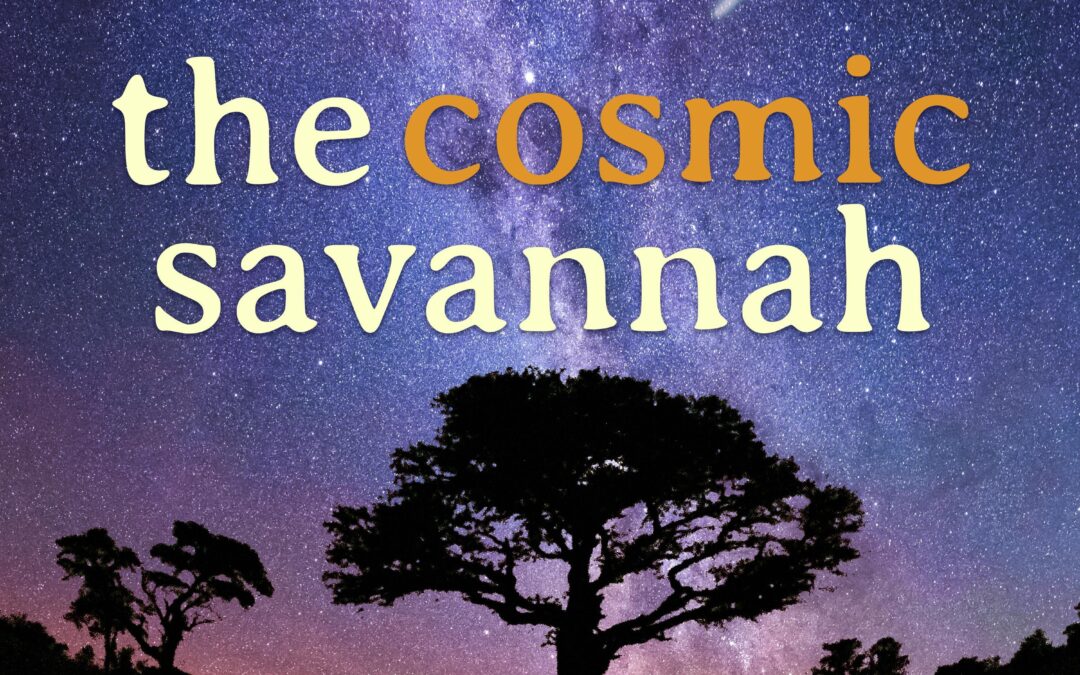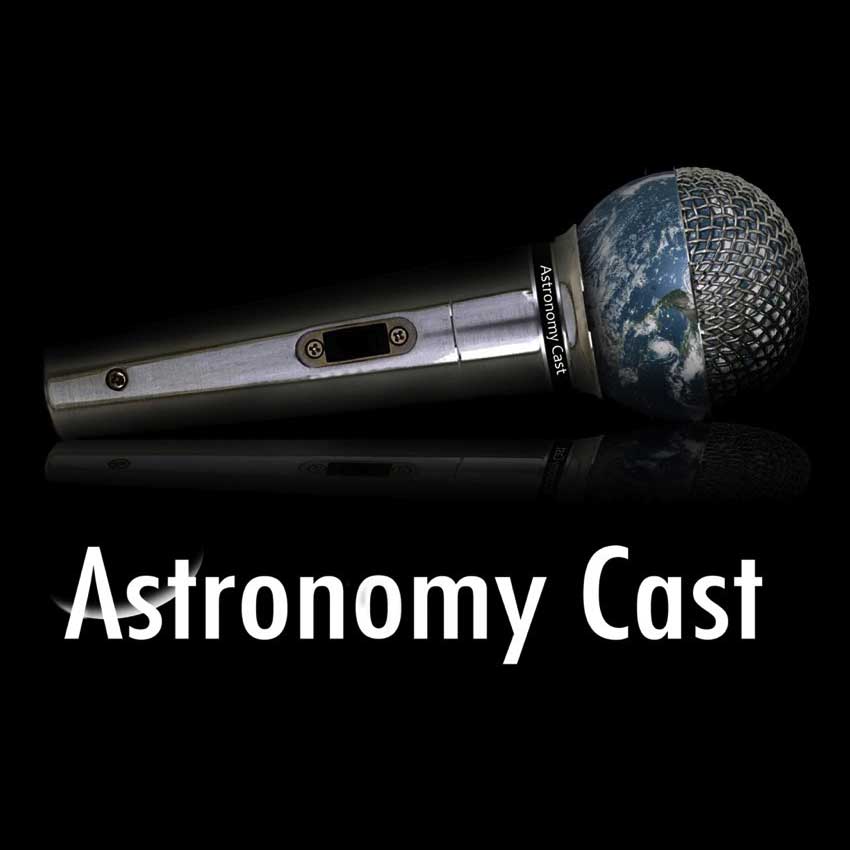Lets start season six of Cosmic Savannah with discussion about the dark side of the universe with Associate Professor Renée Hložek


Lets start season six of Cosmic Savannah with discussion about the dark side of the universe with Associate Professor Renée Hložek

Cheap Astronomy stumbles around in the dark againWhat is the latest on dark matter? Are black holes the source of dark energy?

Let’s take a fast-paced journey through all that’s new in space and astronomy, including dark energy news, the death of supersymmetry, a closer look at remoting sensing in Earth science, and tales from the launch pad.

Today’s lets explore DESI collaboration results based on the first three years of data that indicate dark energy is not a constant force.

Time for news in space and astronomy, lets deep dive into Mars science. Also DESI takes a census of central black holes & star formation


The biggest mass extinction event on Earth occurred at the end of the Permian period. Now, scientists have found that the terrestrial portion of the event lasted nearly ten times as long as the ocean version.


SNFactory found that among about 50 supernovae, many had nearly identical spectra, paving the way of using supernovae to search dark energy.

The Dark Energy Spectroscopic Instrument (DESI) is currently measuring the redshifts to tens of millions of galaxies to help unravel the mystery of dark energy and today’s podcast talk about its first result.